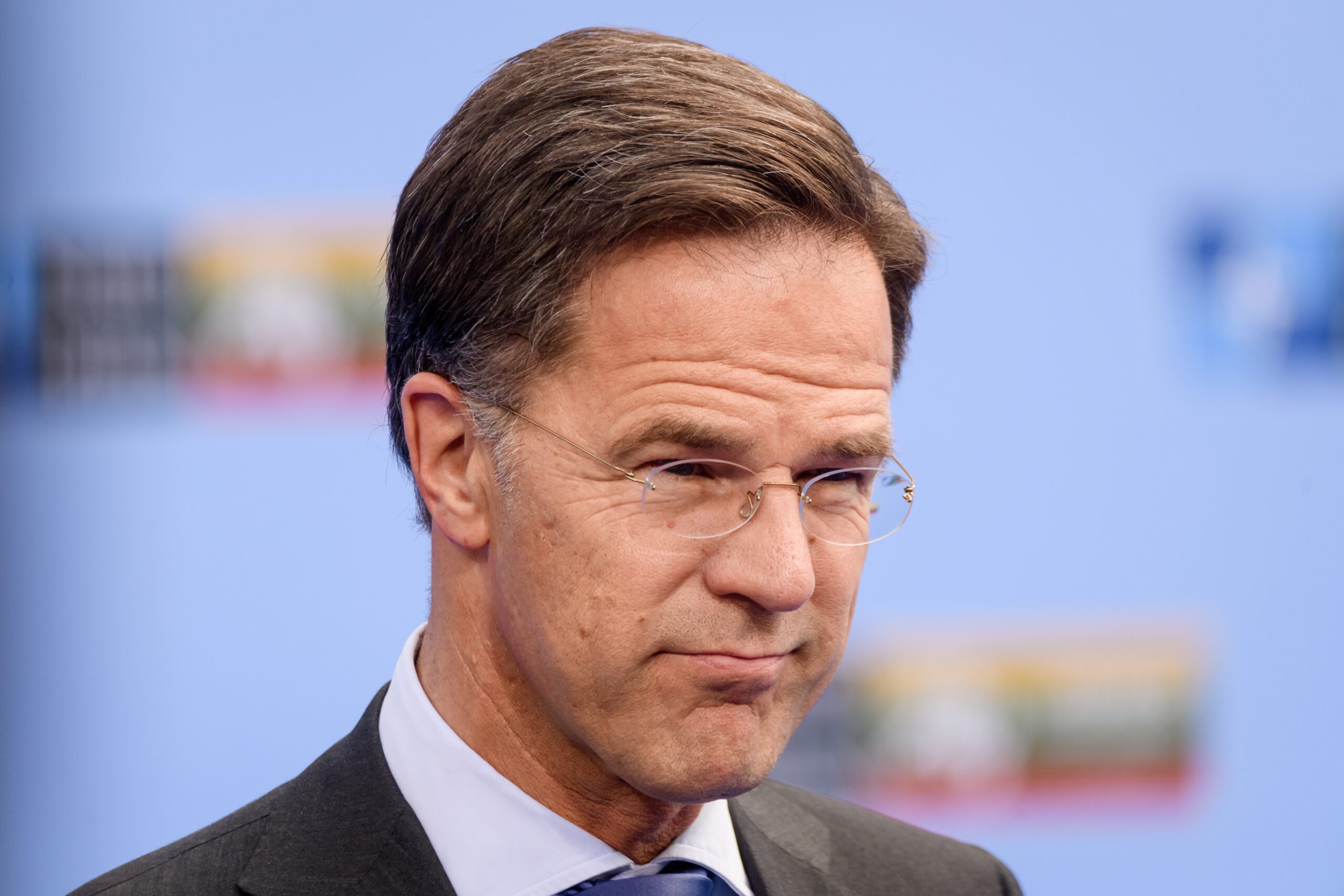NATO’s SHOCKING Space Discovery – Immediate ACTION!

NATO is sounding the alarm as Russia contemplates deploying nuclear weapons in space, potentially violating international treaties and threatening thousands of satellites critical to global security and daily life.
At a Glance
- NATO Secretary General Mark Rutte warns Russia may be exploring space-based nuclear weapons deployment
- Such actions would violate the 1967 Outer Space Treaty that prohibits weapons of mass destruction in orbit
- Russia’s potential space nuclear capabilities could target approximately 7,000 satellites essential for communications, banking, and military operations
- NATO allies are responding by establishing space commands and enhancing satellite surveillance systems
- The alliance has recognized space as a fifth operational domain, extending Article 5 protections to space attacks
Russia’s Space Nuclear Ambitions
NATO Secretary General Mark Rutte has publicly expressed concern that Russia may be considering the deployment of nuclear weapons in space. This alarming development suggests a significant escalation in military space capabilities that could fundamentally alter global security dynamics. Intelligence reports indicate Russia is specifically exploring the potential use of nuclear weapons against satellites in future conflicts, targeting critical systems that support cell phones, banking networks, and weather forecasting services around the world.
Military analysts note that Russia’s current space capabilities lag behind Western powers, potentially motivating this nuclear consideration as a strategy to level the playing field. The deployment would represent a dramatic shift in space warfare capabilities, allowing Russia to potentially neutralize thousands of satellites with a single strike. Such capabilities would give Moscow unprecedented leverage in future conflicts where space assets play crucial roles in intelligence gathering, communications, and precision targeting.
International Treaty Violations and Consequences
Any Russian deployment of nuclear weapons in space would constitute a clear violation of the 1967 Outer Space Treaty, which explicitly prohibits placing weapons of mass destruction in orbit around Earth. This treaty, signed during the height of the Cold War, has been a cornerstone of international space law for over half a century. The potential breakdown of this long-standing agreement raises profound questions about the future of international cooperation in space and the legal frameworks governing activities beyond Earth’s atmosphere.
The consequences of such a violation extend beyond legal considerations. Currently, approximately 7,000 satellites orbit Earth, providing essential services from GPS navigation to financial transaction processing. A nuclear capability targeting these systems could disrupt global commerce, communications, and security without firing a single shot toward Earth’s surface. The mere existence of such capabilities could provide Russia with significant coercive power in international negotiations.
NATO’s Strategic Response
In response to this emerging threat, NATO has significantly elevated its focus on space security. The alliance formally recognized space as its fifth operational domain in 2019, alongside land, sea, air, and cyberspace. This designation allows NATO to invoke Article 5 collective defense provisions in response to attacks against member nations’ space assets. The establishment of the NATO Space Center at Ramstein Air Base in Germany in 2020 further institutionalized this commitment to defending allied interests beyond Earth’s atmosphere.
NATO allies are adapting their individual capabilities as well. Several member nations have established dedicated space commands within their military structures, with the United States creating the Space Force in 2019 as a separate military branch. Intelligence sharing among allies has intensified, with particular focus on monitoring Russian space activities and developing technologies capable of tracking potential threats to satellite infrastructure. Additionally, NATO plans to strengthen satellite surveillance of the Arctic region due to increased militarization activities by both Russia and China.
Implications for Global Security
The potential Russian deployment of space-based nuclear weapons represents a fundamental challenge to the post-Cold War security architecture. European officials have recognized the gravity of the situation, with French Defence Minister Sébastien Lecornu describing the space industry as a “vulnerability” for France’s military operations. Similarly, European Union Commissioner for Defence and Space Andrius Kubilius has advocated for creating a “European Space Shield” to unify continental defense efforts against emerging threats in orbit.
The militarization of space has accelerated dramatically in recent years, with multiple nations developing anti-satellite capabilities. However, Russia’s potential introduction of nuclear weapons would represent an unprecedented escalation in this domain. As satellite systems become increasingly vital to national security, economic prosperity, and daily life, the stakes of this new frontier in strategic competition continue to rise. NATO’s response to this challenge will likely shape the future of both alliance operations and international space governance for decades to come.
























